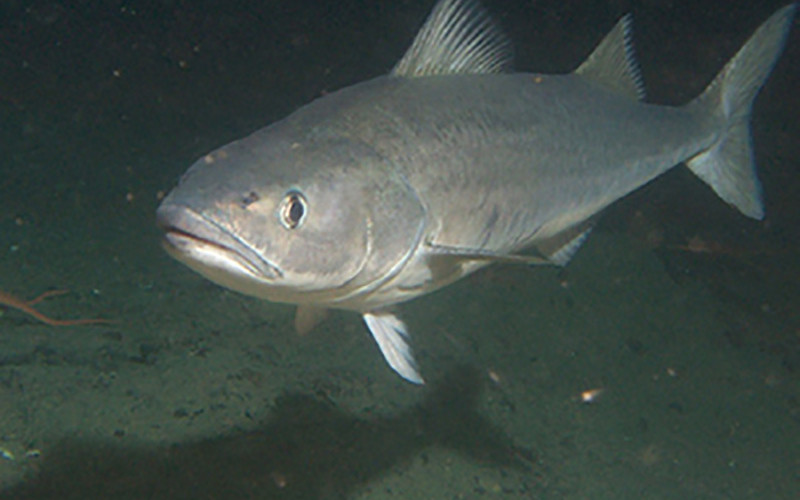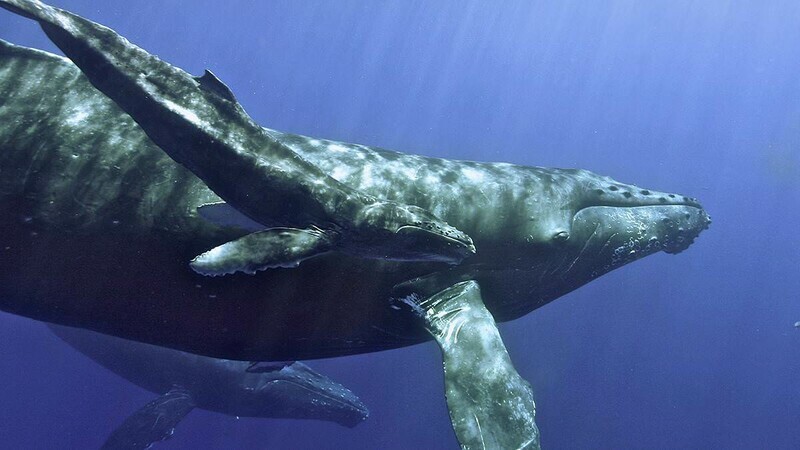A federal court in California ruled that the National Marine Fisheries Service must develop a whale take reduction plan for the West Coast sablefish pot fishery, a decision that will put more pressure on the agency and industry to come up with gear alternatives.
U.S. District Court Judge James Donato ruled March 14 in favor of the Center for Biological Diversity, which sued NMFS challenging its permitting of the fishery without having a plan in place to reduce the danger of humpback whales entangling in vertical trap lines.
In his ruling Donato wrote “NMFS cannot indefinitely delay developing a take reduction plan while continuing to authorize . . . permits for the incidental take of endangered and threatened humpback whales.”
“This is a clear win for endangered humpback whales, who face enough deadly threats in the water already,” said Kristen Monsell, oceans legal director at the Center for Biological Diversity. “Fishing gear and lines in migrating humpbacks’ habitat mean more entanglements, and the fisheries service shouldn’t have ignored those risks.”
The judge found the center’s arguments citing the federal Marine Mammal Protection Act to be persuasive, noting statutory language that “directs that NMFS ‘shall develop and implement a take reduction plan’ for strategic stocks in commercial fisheries that involve occasional incidental mortality or serious injury to marine mammals.
“That fits to a tee the ESA (Endangered Species Act)-listed humpback whales and pot fishery here,” Donato wrote. “The statute uses the phrase, ‘shall give highest priority,’ which means in ordinary usage ‘to deal with or do (something) first.’”
Donato granted a summary judgement on the center’s second claim that NMFS violated the federal law by issuing the 2021 incidental take permit. The judge set an April 20 date for both sides to discuss what NMFS may do in response to the ruling.
Gear entanglement and ship strikes are the leading human-caused threats to humpbacks along the U.S. Pacific coast. In 2021 NMFS assessed that the whales have undergone a 400 percent increase in death and serious injury from human activity since a 2018 risk estimate, the Center for Biological Diversity says.
The group has proposed that NMFS require fisheries that use pot gear to covert to new ropeless or “pop-up” gear within the next five years, and to prioritize the transition in national marine sanctuaries.








